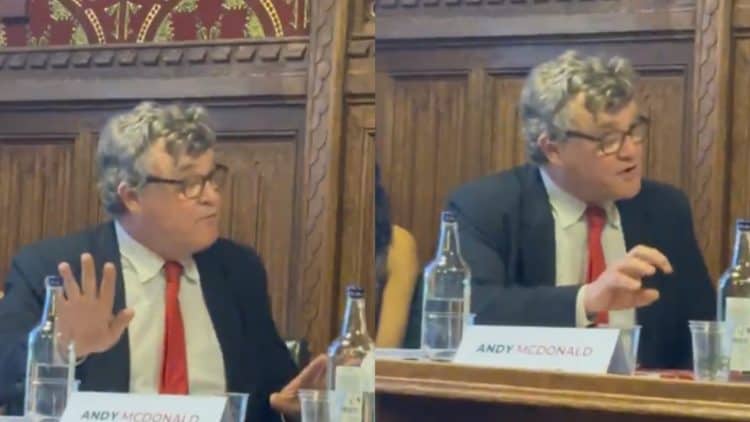Veteran journalist Peter Oborne has publicly taken the BBC to task over its reporting on Israel’s war in Gaza, accusing the broadcaster of bias and complicity during a tense exchange at a media event this week.
Speaking at the launch of a damning new report by the Centre for Media Monitoring (CfMM), Oborne directly confronted Richard Burgess, the BBC’s director of news content, over what he called a “grotesque omission” of Palestinian perspectives.
📉 Report finds BBC showed systemic bias against Palestinians
The CfMM’s year-long study examined more than 3,800 articles and over 32,000 broadcast segments from the BBC between October 2023 and October 2024. Their findings were stark.
According to the report:
- Emotive terms were used four times more often for Israeli victims than for Palestinians.
- Although Palestinian deaths outnumbered Israeli deaths by 34 to 1, the BBC published more Israeli victim profiles (201) than Palestinian ones (279).
- BBC presenters reportedly interrupted or dismissed references to genocide over 100 times, while failing to mention genocidal rhetoric by Israeli leaders.
- Only 6% of journalist deaths in Gaza were reported by the BBC – compared to 60% in Ukraine during that conflict.
🎙 Oborne: ‘This makes you complicit’
Oborne did not hold back in his criticism, telling Burgess:
“You never educated your audience about the genocidal remarks… on 100 occasions, you’ve closed down references to genocide by your guests. This makes you complicit.”
He also criticised the BBC for barely referencing the Dahiya doctrine, a controversial Israeli military strategy focused on the large-scale destruction of civilian infrastructure.
“That’s a grotesque omission,” Oborne said, accusing the broadcaster of failing to give viewers the full picture of what’s happening on the ground.
You can watch it below:
🗣 BBC responds but questions methodology
In a statement responding to the report, the BBC said it welcomed scrutiny and would “consider the report carefully.”
“We believe it is imperative that our journalists have access to Gaza, and we continue to call on the Israeli government to grant this.”
But the BBC also pushed back, questioning the report’s use of AI to analyse language and stating that “due impartiality cannot be measured by counting words.”
The broadcaster insisted it makes its own “independent editorial decisions” and rejected any claims otherwise.
You may also like: Obama breaks silence with chilling warning about Trump’s government







